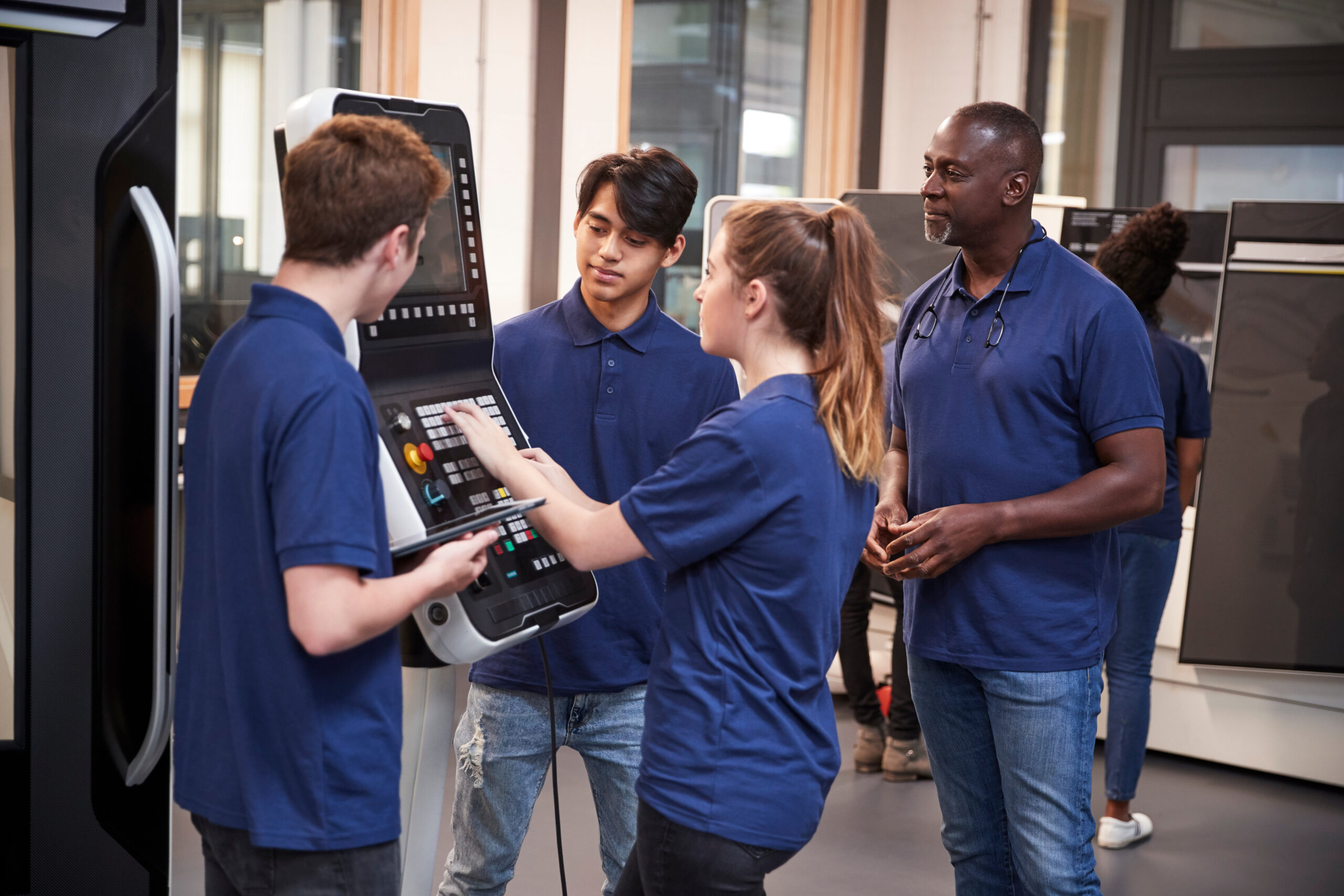As workplaces change rapidly due to new technologies and shifting global economics, employers call on community college career and technical education (CTE) instructors to ensure their graduates have not only technical skills, but also the professional capabilities to communicate, collaborate, persist through challenges, and engage in lifelong learning.
In the November 2024 webinar Building Students’ Motivation and Learning Skills in Online Courses, researchers from the Postsecondary Teaching with Technology Collaborative shared insights from the Collaborative’s formative study of technology-enabled instructional strategies designed to support students’ self-directed learning in online and hybrid STEM courses.
In recent years, Tennessee education leaders have expressed concern over stagnant or declining college enrollment rates and a weak education-to-workforce pipeline.1 According to the State Collaborative on Reforming Education, only 26 percent of Tennessee students who started high school in 2012 earned a postsecondary degree by summer 2022, with even lower percentages for students of color over the same time period.1,2 Alarms were sounding.
Suzanne Donovan, executive director of the Strategic Education Research Partnership (SERP) Institute, and Vanessa Coleman, co-director of SRI’s Center for Education Research & Innovation, recently sat down for a conversation with Kori Hamilton Biagas to discuss scaling innovations that disrupt inequity and create system-level change.
What do high school graduates need to know and be able to do to be prepared for college and career? This is the fundamental question that state policy makers confront when determining minimum high school graduation requirements or assessing whether these requirements need to change to meet the needs of a rapidly evolving economy.
New performance data gets released. Without even seeing the data, what would you predict is the pattern? For over 20 years, since No Child Left Behind, we have seen the same, predictable performance differences. And for over 20 years, there’s been a desire to quickly compare data points, find bright spots and challenges, craft a narrative, and decide on next steps.
One objective within our Equitable Pathways to College and Career team is to highlight projects and initiatives that weave equity-driven practices into the fabric of our work. One such initiative is supported by the National Science Foundation (NSF)—NSF’s Eddie Bernice Johnson INCLUDES Initiative (NSF INCLUDES).














